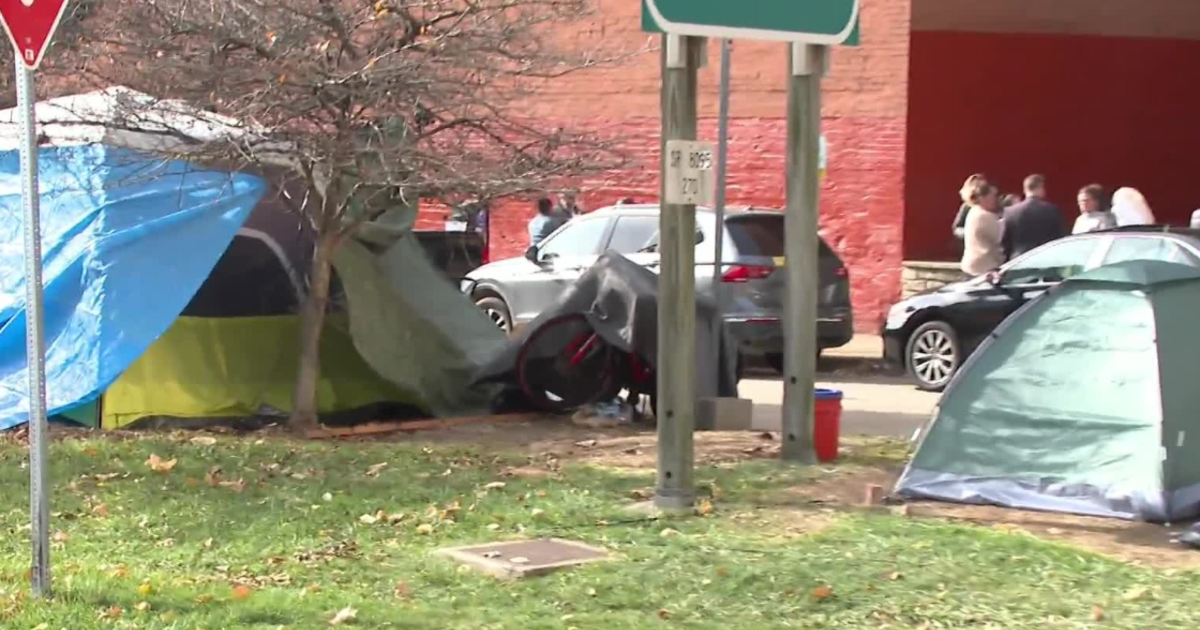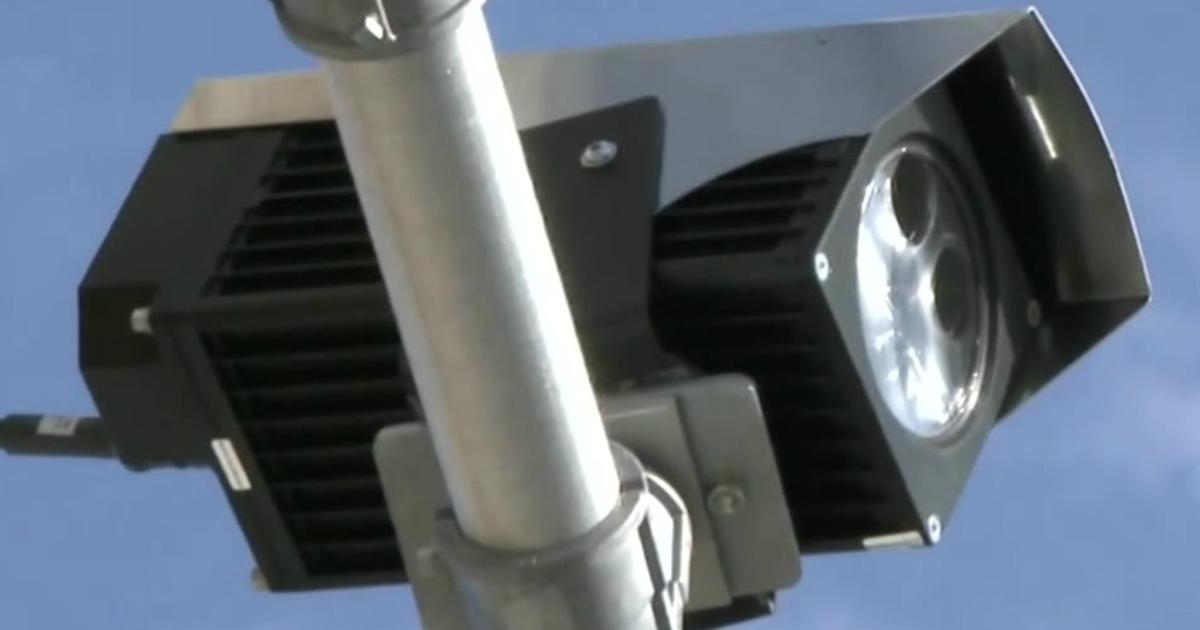Researchers Testing Stem Cells As Treatment For Stroke Recovery
PITTSBURGH (KDKA) - Injecting stem cells into the brain of someone who has had a stroke is a hot button issue.
Is it safe? Can it be done?
That's what researchers at the University of Pittsburgh are trying to find out.
"Because these are cells that have not been injected into the brain before, we need to know whether it is safe to do so," UPMC neurologist Dr. Lawrence Wechsler said.
So far, at UPMC, two people have received injections of stem cells from the bone marrow of healthy adult donors.
Roger Hill is one of them.
In August 2009, he woke up with a stroke. The first thing he noticed was his vision. He couldn't see half of his world and then his left side left him.
"Something happened with my left leg. I fell down," he said. "I couldn't feel my left knee."
The problem was in the brain.
A stroke most commonly happens because of a blocked artery. Part of the brain dies from a lack of oxygen and blood flow. Stroke is a leading cause of death and disability.
When it comes to strokes, the focus has been on prevention, and treatments within the first few hours. Aside from physical therapy, there's not much else to offer someone as treatment once the stroke has become established.
This trial is a first step to see if the treatment has potential.
"They said they would cut a flap in your scalp, pull it away, drill a hole through your skull, put a probe in my brain, and then run a needle down in there and inject stem cells in eight different locations," Hill said.
At this point, the proper dose and proper techniques are unknown to produce a clinical benefit.
That is going to come down the line.
The first six patients got two and a half million cells. The second six received five million. The last six received 10 million.
They will be followed regularly for two years.
"Not everyone is interested in trying something as new as the injection of these kinds of cells," Dr. Wechsler said.
The stem cells die away over time, but the hope is that they will secrete substances to help repair and reconnect brain cells.
"We really are not expecting this to have any effect on their actual level of functioning," Dr. Wechsler said. "There's no way at this point for us to distinguish the effect of the cell injection from the natural course of recovery from a stroke."
"He said, we don't cure strokes. He said there's absolutely no hope," Hill said. "But then he said, there is a chance. Here I am."
Hill got his stem cells in February with high hopes for himself and others.
"I wanted to be part of this research, in case I could help somebody else," Hill said. "I want to be normal."
People ages 18 to 75 with a stroke in the past six months to three years may be eligible for the study, which is funded by the regenerative medicine company San-Bio.
You have to have the right kind of stroke, the symptoms have to be stable, and your brain scans must show no progression.
RELATED LINKS
More Local News
More Health News
More Reports From Dr. Maria Simbra



